Core Faculty
-
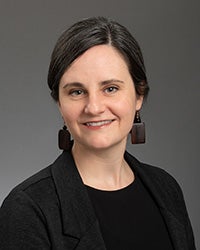
Rebecca Som Castellano
HES Director and Professor, School of Environment and Sociology
Rebecca is a rural studies and agrifood system scholar. Using a range of methodological approaches, she examines how experiences with environmental and agrifood system change are shaped by inequality and marginalization.
Rebecca is a rural studies and agrifood system scholar. Using a range of methodological approaches, she examines how experiences with environmental and agrifood system change are shaped by inequality and marginalization.
-

Jodi Brandt
Associate Professor
Jodi is the leader of LUL@BSU — the Land Use Lab at Boise State University. She is a land-use scientist who studies landscape change and its drivers, and the impacts of landscape change on biodiversity and ecosystem services.
Jodi is the leader of LUL@BSU — the Land Use Lab at Boise State University. She is a land-use scientist who studies landscape change and its drivers, and the impacts of landscape change on biodiversity and ecosystem services.
-
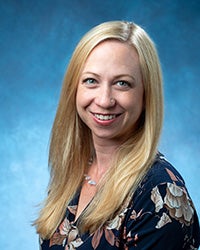
Megan Cattau
Assistant Professor
Megan is interested in how interacting anthropogenic and biophysical factors alter disturbance regimes and subsequent recovery, and in evaluating the efficacy of intervention options in increasing social-ecological resilience.
Megan is interested in how interacting anthropogenic and biophysical factors alter disturbance regimes and subsequent recovery, and in evaluating the efficacy of intervention options in increasing social-ecological resilience.
-
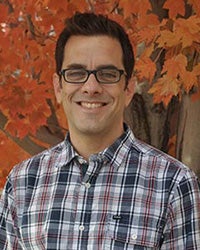
Vicken Hillis
Assistant Professor
Vicken studies human behavioral and institutional change in environmental contexts, using quantitative surveys, behavioral experiments, computational modeling, and social-ecological network analysis.
Vicken studies human behavioral and institutional change in environmental contexts, using quantitative surveys, behavioral experiments, computational modeling, and social-ecological network analysis.
-
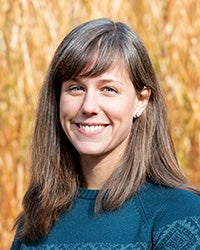
Kelly Hopping
Associate Professor
Kelly studies how environmental and social changes are affecting ecosystems and rural livelihoods, particularly in mountain and pastoral regions.
Kelly studies how environmental and social changes are affecting ecosystems and rural livelihoods, particularly in mountain and pastoral regions.
-
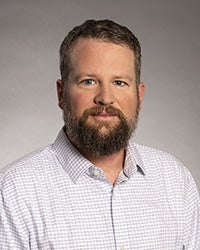
Matt Williamson
Assistant Professor
Matt is a conservation scientist interested in understanding how the interactions between people, their environment, and the institutions that govern them inspire (or inhibit) conservation action and how that impacts their effectiveness. Learn more about Professor Williamson’s lab here: SPASES Lab
Matt is a conservation scientist interested in understanding how the interactions between people, their environment, and the institutions that govern them inspire (or inhibit) conservation action and how that impacts their effectiveness. Learn more about Professor Williamson’s lab here: SPASES Lab
Students
-
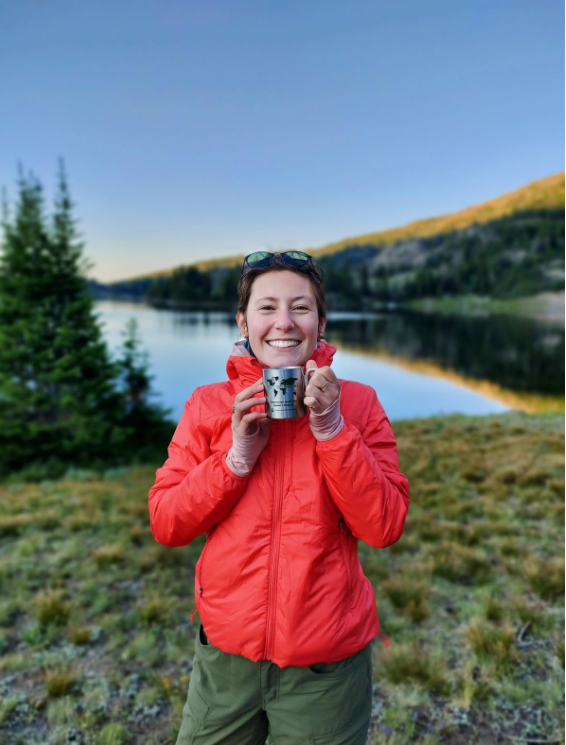
Gwénaëlle d’Aumale
Ph.D. Student, Ecology, Evolution and Behavior -
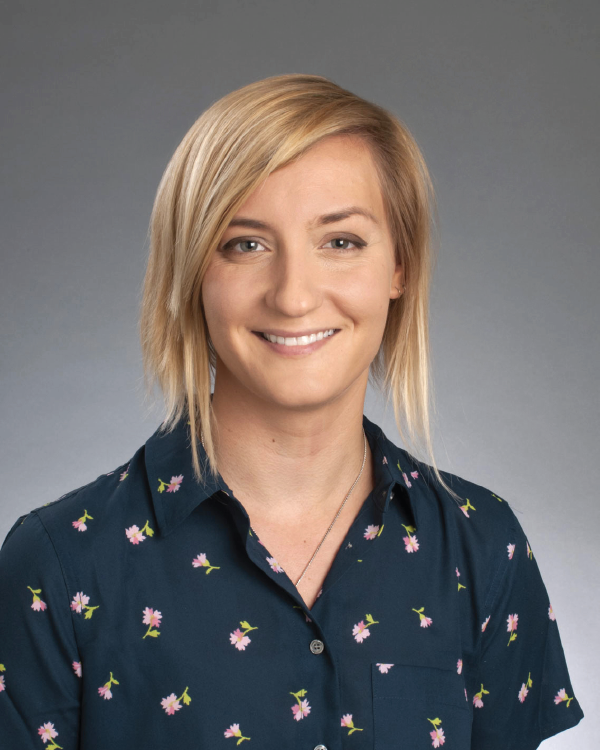
Clara Buchholtz
Clara researches the conservation of desert ecosystems and rare and endemic plants. She uses remote sensing and GIS, fieldwork, and a social-ecological-systems framework to think about how climate adaptation can give ecosystems a resilient future with climate change.
Advised by Dr. Hopping.Clara researches the conservation of desert ecosystems and rare and endemic plants. She uses remote sensing and GIS, fieldwork, and a social-ecological-systems framework to think about how climate adaptation can give ecosystems a resilient future with climate change.
Advised by Dr. Hopping. -
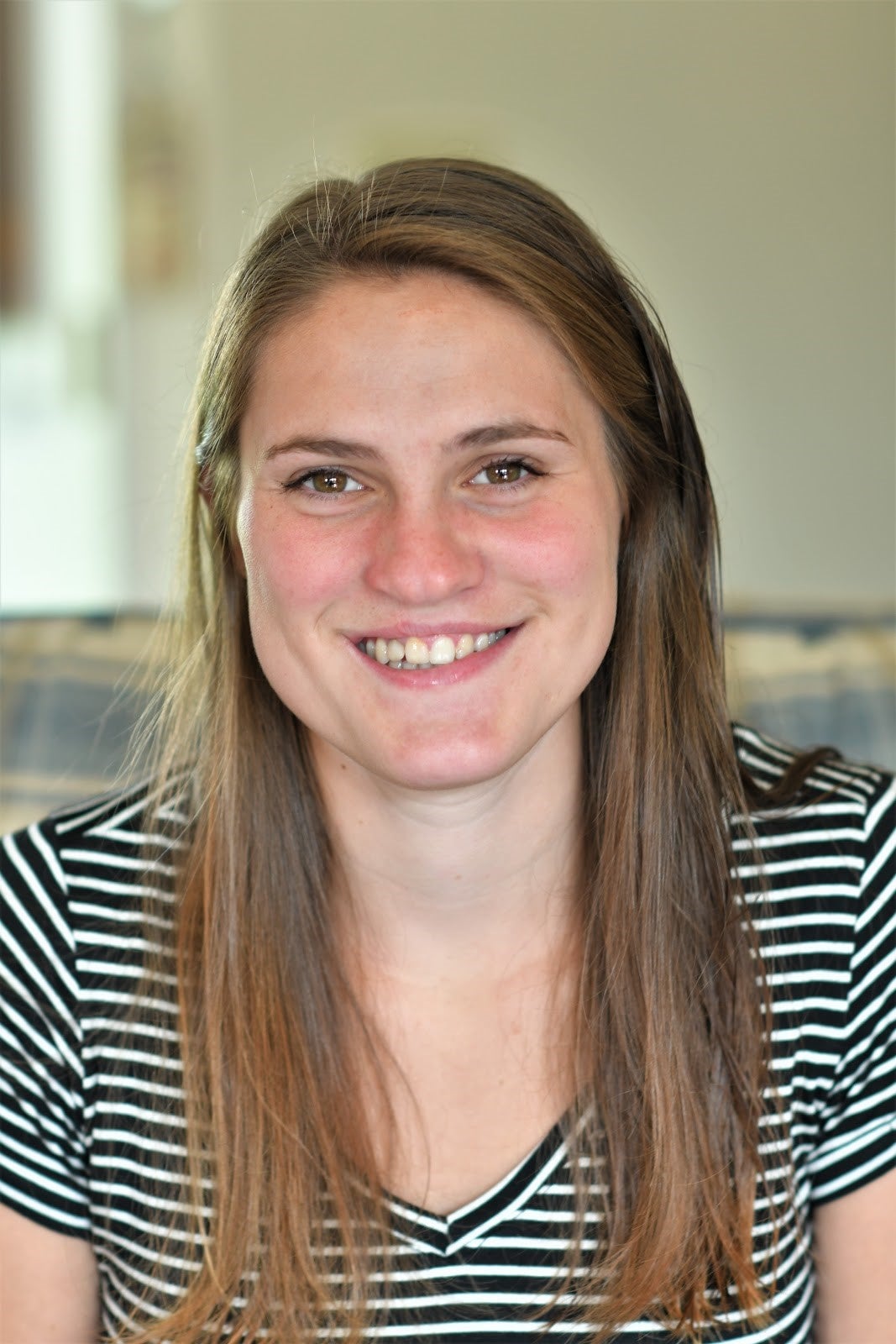
Megan Dolman
Meg’s research interests include social-ecological systems and disturbance ecology. Her current research focuses on understanding the spatio-temporal dimensions of human built infrastructure development and wildfire in sagebrush ecosystems. Meg is advised by Dr. Megan Cattau.
Education: Graduate Certificate in Human-Environment Systems, Boise State University; Graduate Certificate in Geographic Information Analysis, Boise State University; Sc Biodiversity, Conservation and Management, University of Oxford; BSc (Honors) Physical Geography, Royal Holloway University of London
Committee: Rebecca Som Castellano
Ph.D. Student, Ecology, Evolution, and BehaviorMeg’s research interests include social-ecological systems and disturbance ecology. Her current research focuses on understanding the spatio-temporal dimensions of human built infrastructure development and wildfire in sagebrush ecosystems. Meg is advised by Dr. Megan Cattau.
Education: Graduate Certificate in Human-Environment Systems, Boise State University; Graduate Certificate in Geographic Information Analysis, Boise State University; Sc Biodiversity, Conservation and Management, University of Oxford; BSc (Honors) Physical Geography, Royal Holloway University of London
Committee: Rebecca Som Castellano
-
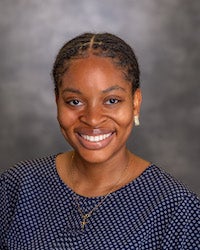
Uwaila Ekhator
Education: B.Eng Information and Communication Engineering, Covenant University.
Uwaila’s research interests include Social Media Mining, Computational Social Science, Climate Change Opinion Dynamics and Stance Detection on Social Media. Uwaila is advised by Dr. Vicken Hillis.
Ph.D. Student, Computing (Data Science Emphasis)Education: B.Eng Information and Communication Engineering, Covenant University.
Uwaila’s research interests include Social Media Mining, Computational Social Science, Climate Change Opinion Dynamics and Stance Detection on Social Media. Uwaila is advised by Dr. Vicken Hillis.
-
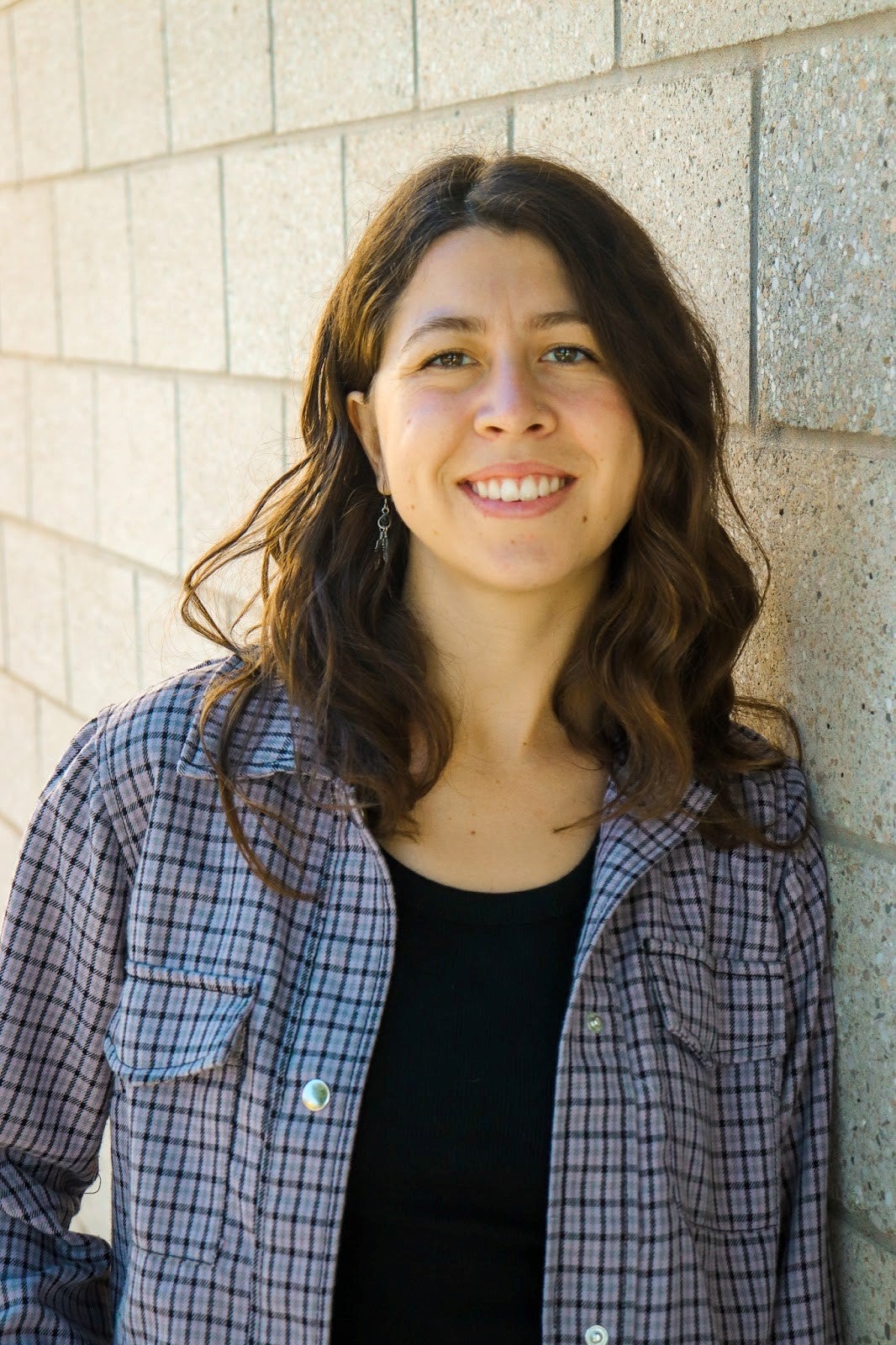
Sky Gennette
Sky’s interests include land management, ecosystem restoration, ecological resilience, and remote sensing. Sky’s current research involves using UAS remote sensing to address questions about resilience of western U.S. forests. Sky is advised by Dr. Megan Cattau.
Committee: Megan Cattau, Allison Simler-Williamson, and Jennifer Forbey
MS Biology StudentSky’s interests include land management, ecosystem restoration, ecological resilience, and remote sensing. Sky’s current research involves using UAS remote sensing to address questions about resilience of western U.S. forests. Sky is advised by Dr. Megan Cattau.
Committee: Megan Cattau, Allison Simler-Williamson, and Jennifer Forbey
-

Tao Huang
Tao Huang’s research focuses on ecosystem ecology. He examines the effects of climate change and disturbances (e.g., fire, drought) on vegetation cover and hydrological processes.
Tao Huang’s research focuses on ecosystem ecology. He examines the effects of climate change and disturbances (e.g., fire, drought) on vegetation cover and hydrological processes.
-
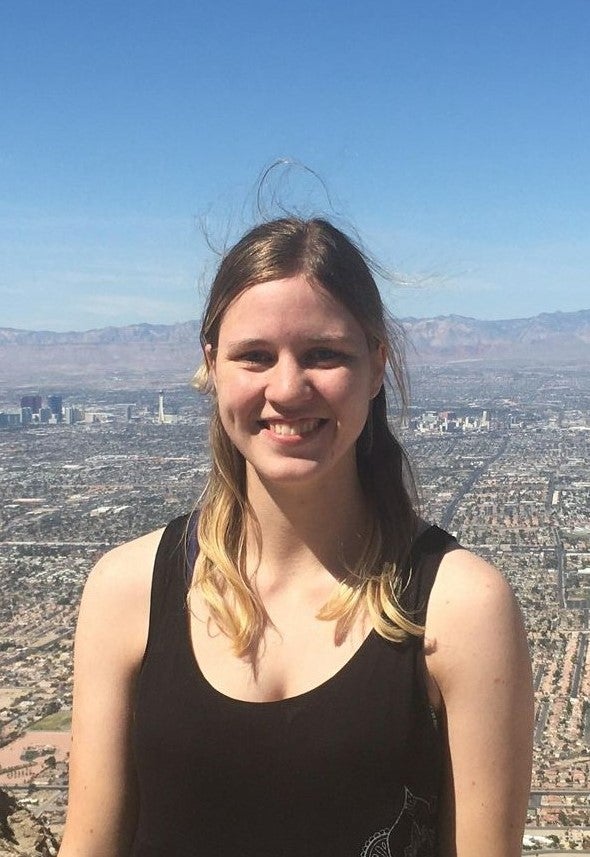
Carolyn Koehn
Carolyn is broadly interested in land cover change and nature’s benefits to people. Her current research examines agricultural lands and farmland loss using an ecosystem services framework. Carolyn is advised by Dr. Jodi Brandt.
Carolyn is broadly interested in land cover change and nature’s benefits to people. Her current research examines agricultural lands and farmland loss using an ecosystem services framework. Carolyn is advised by Dr. Jodi Brandt.
-

Mike Krzywicki
Mike studies conservation institutions in Mexico.
PhD Ecology, Evolution, and BehaviorMike studies conservation institutions in Mexico.
-
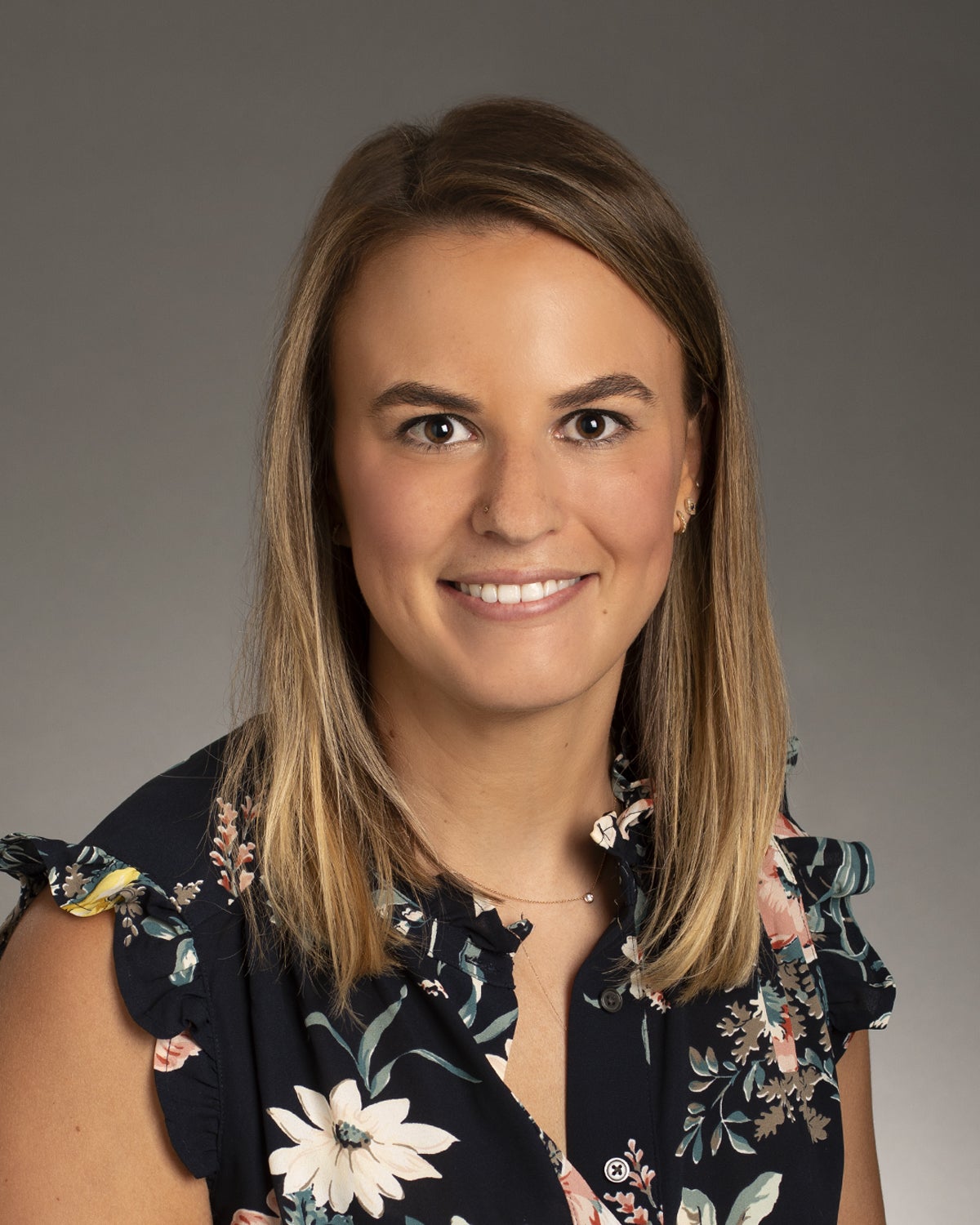
Molly Levy
Molly is interested in the social dynamics that influence the management of socio-ecological systems over space and time. She is particularly interested in the processes of collaboration and conflict, and how these processes are impacted by ecological disturbance. Molly is advised by Dr. Vicken Hillis.
Molly is interested in the social dynamics that influence the management of socio-ecological systems over space and time. She is particularly interested in the processes of collaboration and conflict, and how these processes are impacted by ecological disturbance. Molly is advised by Dr. Vicken Hillis.
-

Will Loftin
Will’s research interests include population ecology and generating usable science. Their current research involves working with multiple stakeholders from non-profit organizations, universities, and state and federal agencies to generate usable science with the goal of aiding the conservation of a rare Idaho native species. Will is advised by Dr. Jay Carlisle and Dr. Megan Cattau.
Ph.D. Student, Ecology, Evolution, and BehaviorWill’s research interests include population ecology and generating usable science. Their current research involves working with multiple stakeholders from non-profit organizations, universities, and state and federal agencies to generate usable science with the goal of aiding the conservation of a rare Idaho native species. Will is advised by Dr. Jay Carlisle and Dr. Megan Cattau.
-
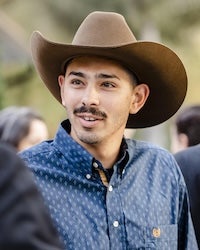
Tyler Lopez
Tyler’s research interests include multi-functionality of landscapes and regenerative agriculture. Tyler is studying multifunctionality of U.S. Forest Service grazing allotments.
MEM Student: Environmental ManagementTyler’s research interests include multi-functionality of landscapes and regenerative agriculture. Tyler is studying multifunctionality of U.S. Forest Service grazing allotments.
-
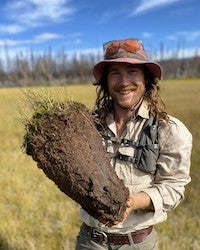
Colin Martin
Colin is interested in mesic systems and their response to disturbance and restoration initiatives. His research combines remote sensing tools with large field-based datasets to improve our current monitoring tools and quantify the impacts of restoration projects. Colin is co-advised by Dr. Jodi Brandt and Dr. Trevor Caughlin.
MS BiologyColin is interested in mesic systems and their response to disturbance and restoration initiatives. His research combines remote sensing tools with large field-based datasets to improve our current monitoring tools and quantify the impacts of restoration projects. Colin is co-advised by Dr. Jodi Brandt and Dr. Trevor Caughlin.
-
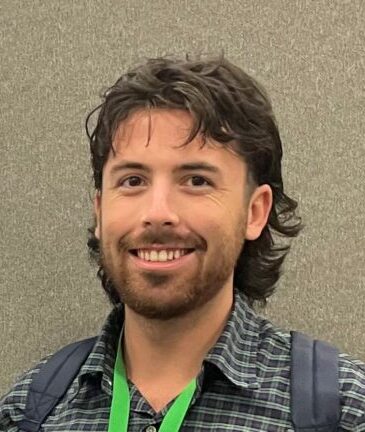
Erik Nati-Johnson
Erik is interested in applied science for climate adaptation, and is researching the benefits of mesic restoration on agricultural lands. He uses spatial analysis with remotely sensed data to answer questions regarding carbon sequestration.
Erik is interested in applied science for climate adaptation, and is researching the benefits of mesic restoration on agricultural lands. He uses spatial analysis with remotely sensed data to answer questions regarding carbon sequestration.
-
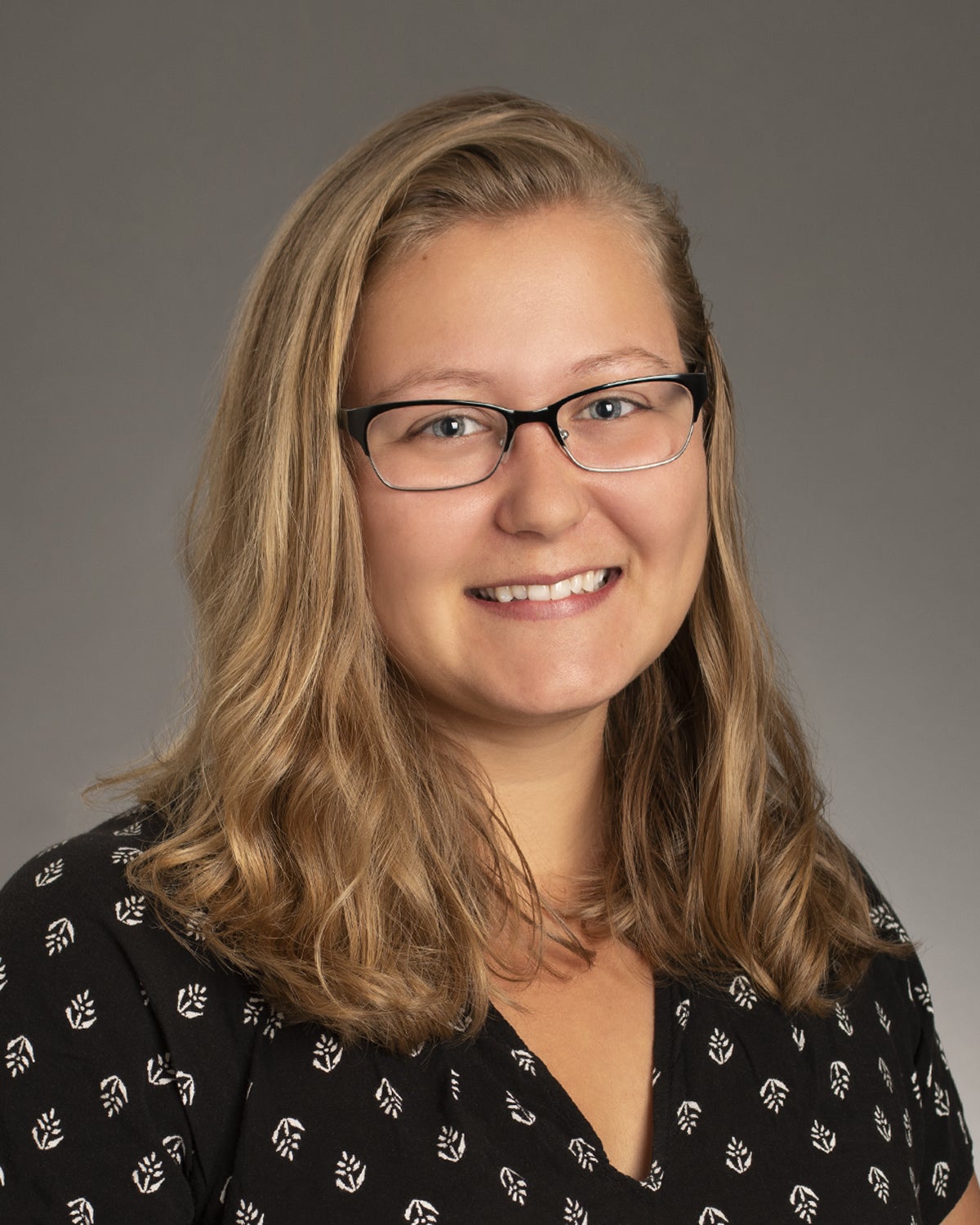
Haley Netherton-Morrison
Haley focuses on the application of social science theory to natural resource issues. She currently studies how people-place relationships influence public attitudes toward landscape and community change. Haley is advised by Dr. Kelly Hopping.
Haley focuses on the application of social science theory to natural resource issues. She currently studies how people-place relationships influence public attitudes toward landscape and community change. Haley is advised by Dr. Kelly Hopping.
-
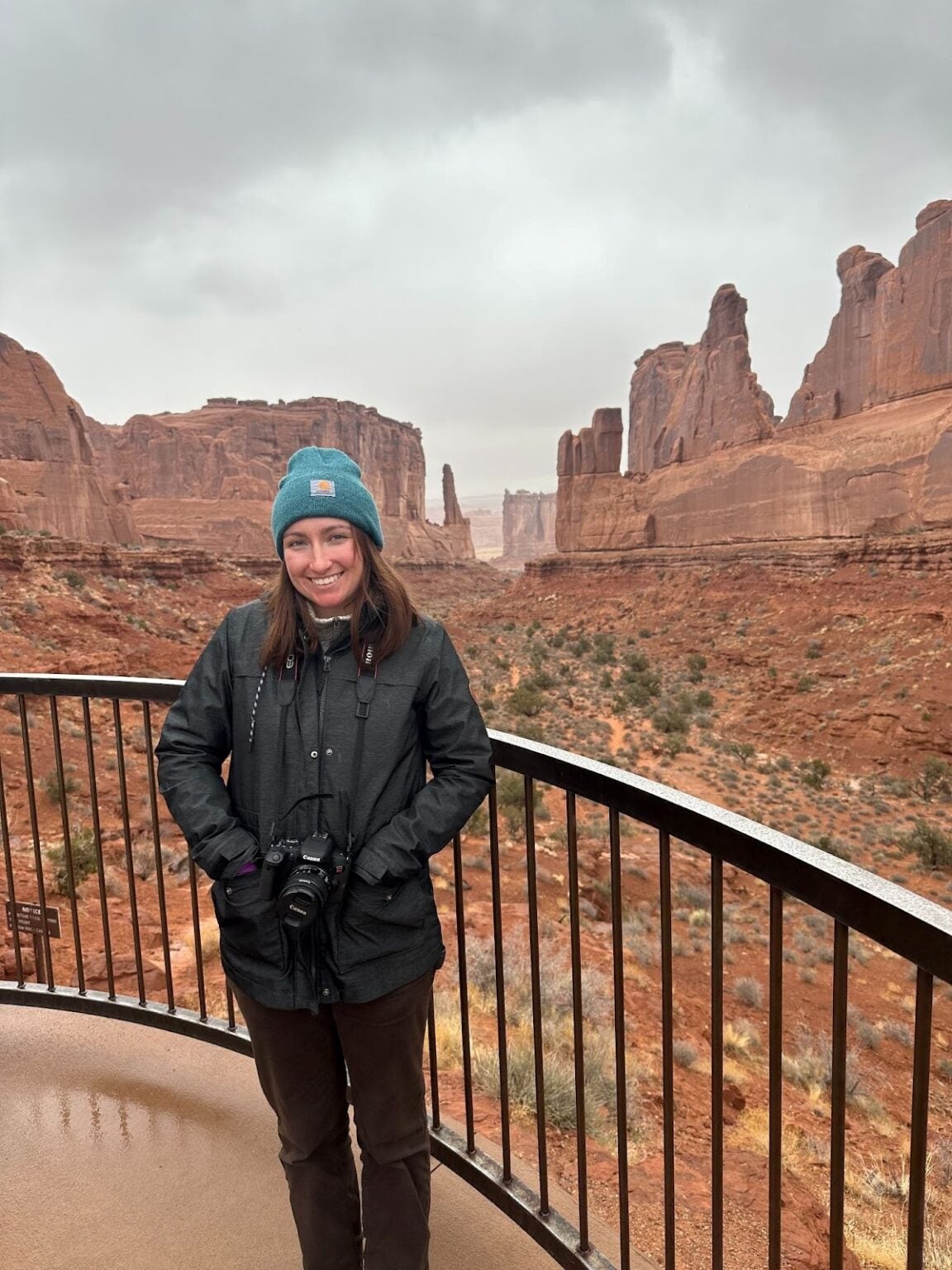
Mallory Picl
Mallory’s research interests include land management, geomorphology, dendrochronology, and climate change. She is currently engaged in researching the connections between disturbance and the expansion of western juniper. Mallory is advised by Dr. Megan Cattau and Dr. Jen Pierce.
Education: BS Geology with minors in Forestry and Sustainability, Iowa State University
Committee: Megan Cattau, Jen Pierce, David Wilkins, and Dave Huber
MS Geoscience StudentMallory’s research interests include land management, geomorphology, dendrochronology, and climate change. She is currently engaged in researching the connections between disturbance and the expansion of western juniper. Mallory is advised by Dr. Megan Cattau and Dr. Jen Pierce.
Education: BS Geology with minors in Forestry and Sustainability, Iowa State University
Committee: Megan Cattau, Jen Pierce, David Wilkins, and Dave Huber
-
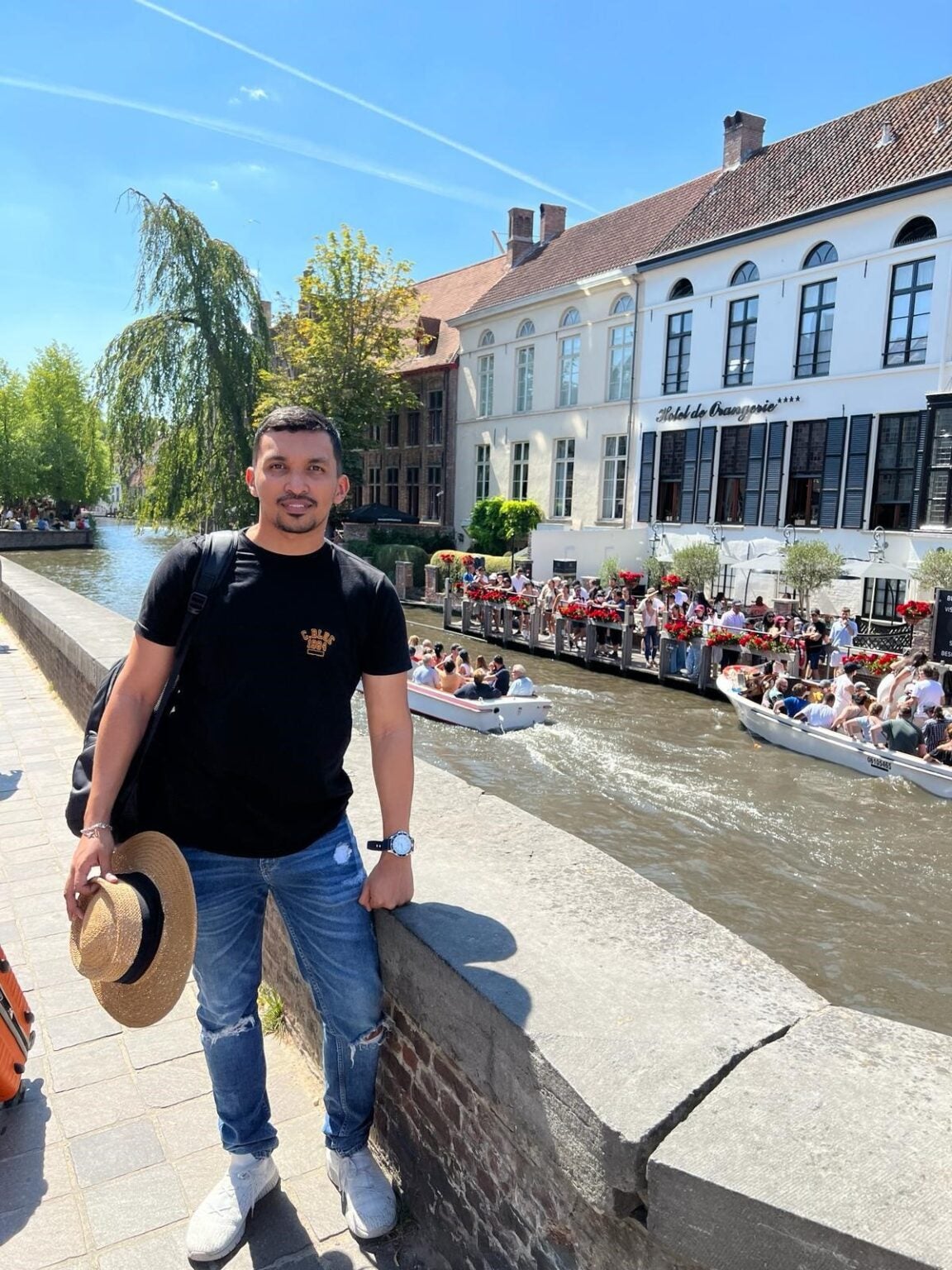
Juan Camilo Rojas Lucero
Juan’s interests include remote sensing techniques, machine learning, and deep learning to investigate carbon sequestration dynamics across various land coverings. Juan is advised by Dr. Brandt.
Education: Bachelor’s degree in Environmental Engineering, Universidad del Cauca, Colombia; MS Geomatics, Universidad del Cauca, Colombia
Ph.D. Student, Data ScienceJuan’s interests include remote sensing techniques, machine learning, and deep learning to investigate carbon sequestration dynamics across various land coverings. Juan is advised by Dr. Brandt.
Education: Bachelor’s degree in Environmental Engineering, Universidad del Cauca, Colombia; MS Geomatics, Universidad del Cauca, Colombia
-

Emily Rowen
Emily’s research interests include agricultural entrepreneurship and rural resilience.
PhD Ecology, Evolution, and BehaviorEmily’s research interests include agricultural entrepreneurship and rural resilience.
-
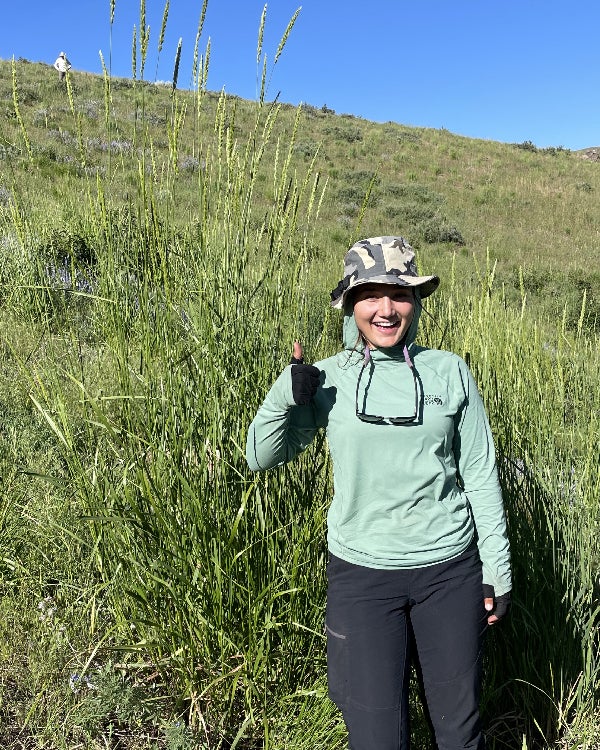
Kloe Walter
Kloe’s research interests include plant ecology, invasive species management, and sustainable multiple-use land management practices. Kloe is an incoming graduate student studying the relationship between targeted sheep grazing and plant species composition. Kloe is advised by Dr. Kelly Hopping.
MEM studentKloe’s research interests include plant ecology, invasive species management, and sustainable multiple-use land management practices. Kloe is an incoming graduate student studying the relationship between targeted sheep grazing and plant species composition. Kloe is advised by Dr. Kelly Hopping.
-
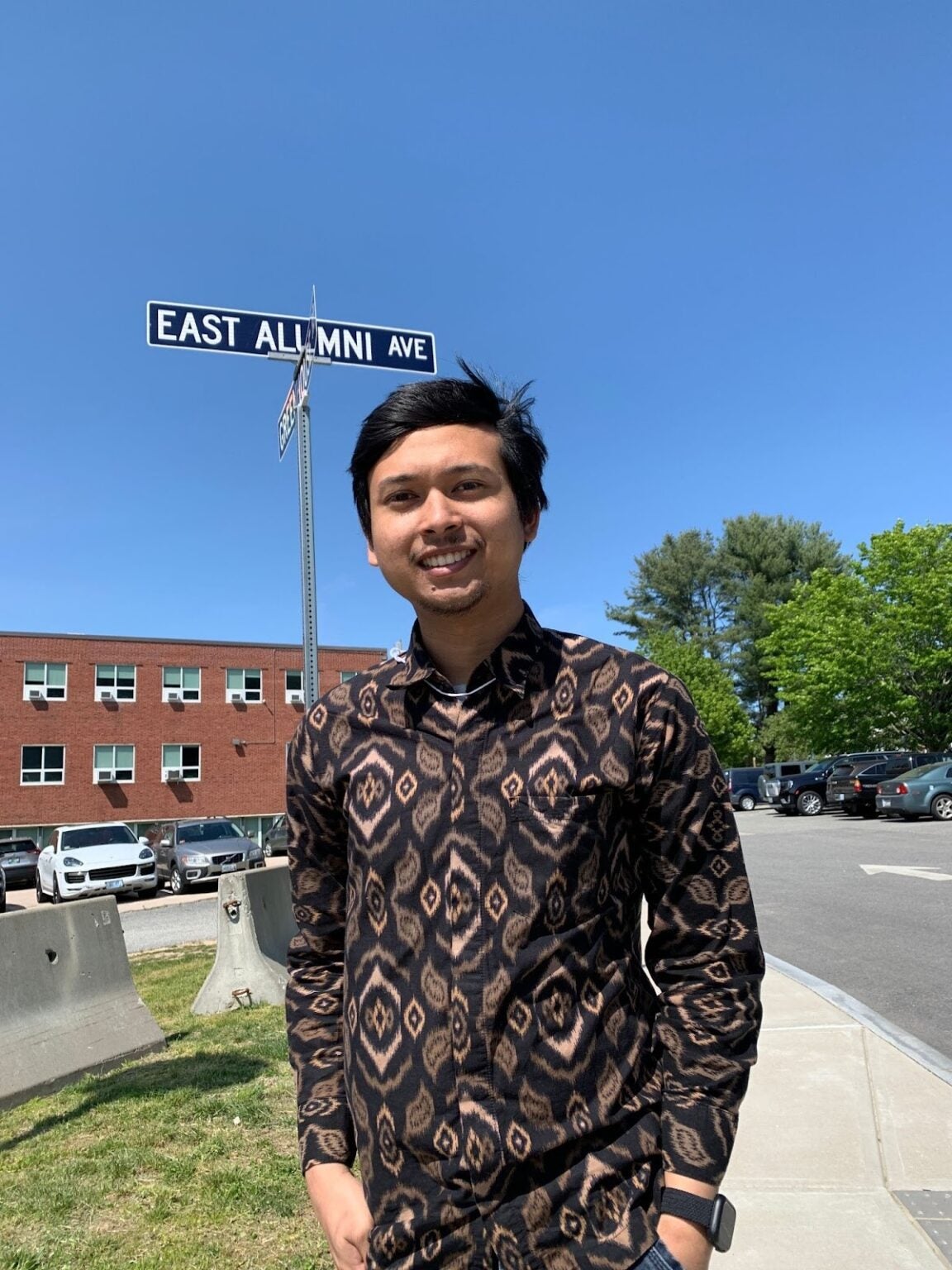
Teuku Zaldiansyah
Zaldi’s interest revolves around Spatial Analysis, Remote Sensing, Mapping, Unoccupied Aerial Systems (UAS), and Invasive Species. Align with the interest mentioned, his current research is about mapping the invasive species using UAS which incorporates spatiotemporal analysis which ultimately helps us to predict and classify the invasive species occurrence on the landscape. Zaldi is advised by Dr. Megan Cattau.
Education: Master of Environmental Science and Management (MESM), University of Rhode Island; Graduate Certificate in GIS and Remote Sensing, University of Rhode Island; BS Agriculture Product Technology, Syiah Kuala University
Committee: Trevor Caughlin, Jodi Brandt, and Peter Olsoy
Ph.D. Student, Ecology, Evolution, and BehaviorZaldi’s interest revolves around Spatial Analysis, Remote Sensing, Mapping, Unoccupied Aerial Systems (UAS), and Invasive Species. Align with the interest mentioned, his current research is about mapping the invasive species using UAS which incorporates spatiotemporal analysis which ultimately helps us to predict and classify the invasive species occurrence on the landscape. Zaldi is advised by Dr. Megan Cattau.
Education: Master of Environmental Science and Management (MESM), University of Rhode Island; Graduate Certificate in GIS and Remote Sensing, University of Rhode Island; BS Agriculture Product Technology, Syiah Kuala University
Committee: Trevor Caughlin, Jodi Brandt, and Peter Olsoy
Post-Doctoral Researchers
-
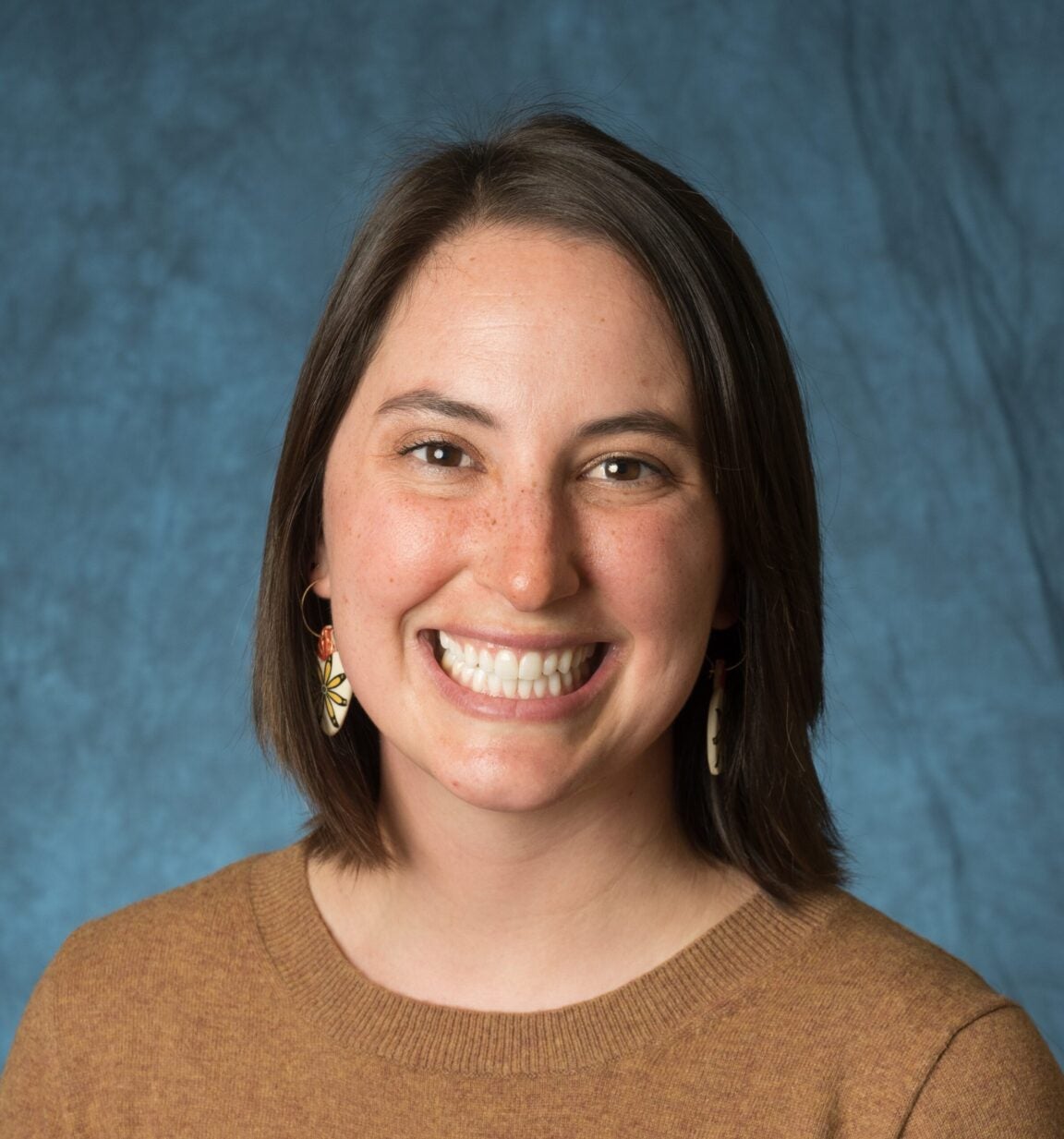
Emily Iskin
Postdoctoral Researcher
Emily is a fluvial geomorphologist who uses field data and remote sensing to investigate the structure and function of river corridors. She is interested in characterizing natural environments to inform and improve restoration and management practices. She has her PhD and MS in Geosciences from Colorado State University, and her BS in Biological Systems Engineering from the University of California, Davis.
Emily is a fluvial geomorphologist who uses field data and remote sensing to investigate the structure and function of river corridors. She is interested in characterizing natural environments to inform and improve restoration and management practices. She has her PhD and MS in Geosciences from Colorado State University, and her BS in Biological Systems Engineering from the University of California, Davis.
-

Kelsey Johnson
Postdoctoral Researcher
Kelsey is a natural resource and environmental economist working on research at the intersection of forest and land management, climate change adaptation, and ecosystem service provision.
Kelsey is a natural resource and environmental economist working on research at the intersection of forest and land management, climate change adaptation, and ecosystem service provision.
-
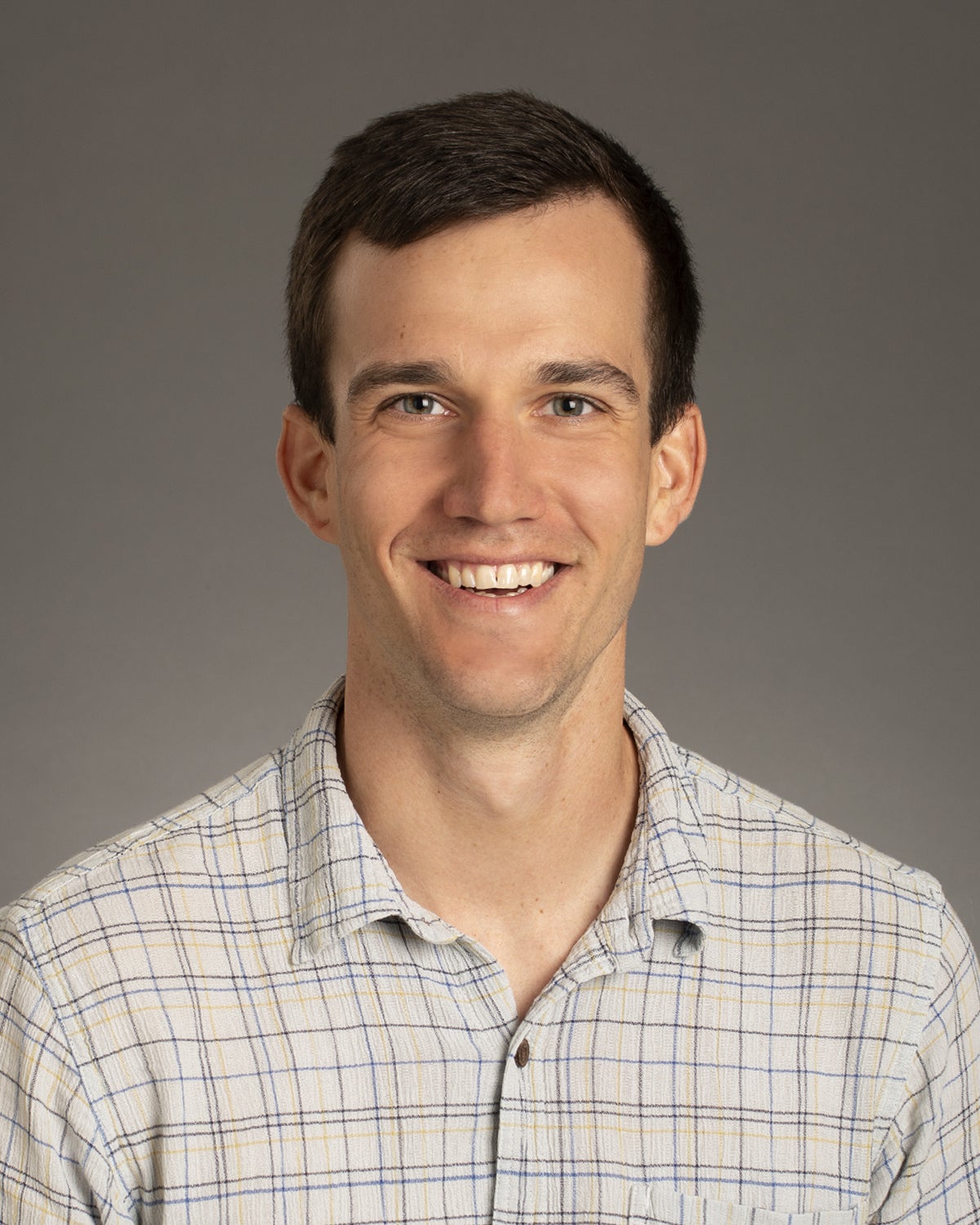
Nick Kolarik
Postdoctoral Researcher
Nick’s focus is on using remote sensing techniques to evaluate human-environment interactions. Land systems often have measurable effects on the landscape key to issues surrounding resource use, human welfare, and conservation efforts. He aims to contribute to interdisciplinary research that helps guide decision-making at multiple spatial and temporal scales. Nick is advised by Dr. Brandt.
Nick’s focus is on using remote sensing techniques to evaluate human-environment interactions. Land systems often have measurable effects on the landscape key to issues surrounding resource use, human welfare, and conservation efforts. He aims to contribute to interdisciplinary research that helps guide decision-making at multiple spatial and temporal scales. Nick is advised by Dr. Brandt.
-

Katie Murenbeeld
Postdoctoral Researcher
Katie is a Postdoctoral Researcher, studying the causes and consequences of NEPA conflict.
Katie is a Postdoctoral Researcher, studying the causes and consequences of NEPA conflict.
-
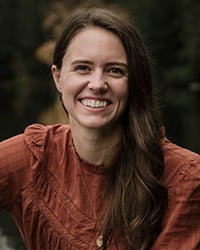
Holly K. Nesbitt
Postdoctoral Researcher
Holly K. Nesbitt is an environmental social scientist studying how people collectively adapt to large-scale environmental change. She focuses her research on interactions within social-ecological systems, socio-cognitions that motivate collective behavior, and how social relations and networks influence conservation. She uses interdisciplinary quantitative social science methods and works in several different contexts including community resilience to wildfire, rangeland management, and human-wildlife coexistence.
Holly K. Nesbitt is an environmental social scientist studying how people collectively adapt to large-scale environmental change. She focuses her research on interactions within social-ecological systems, socio-cognitions that motivate collective behavior, and how social relations and networks influence conservation. She uses interdisciplinary quantitative social science methods and works in several different contexts including community resilience to wildfire, rangeland management, and human-wildlife coexistence.
-
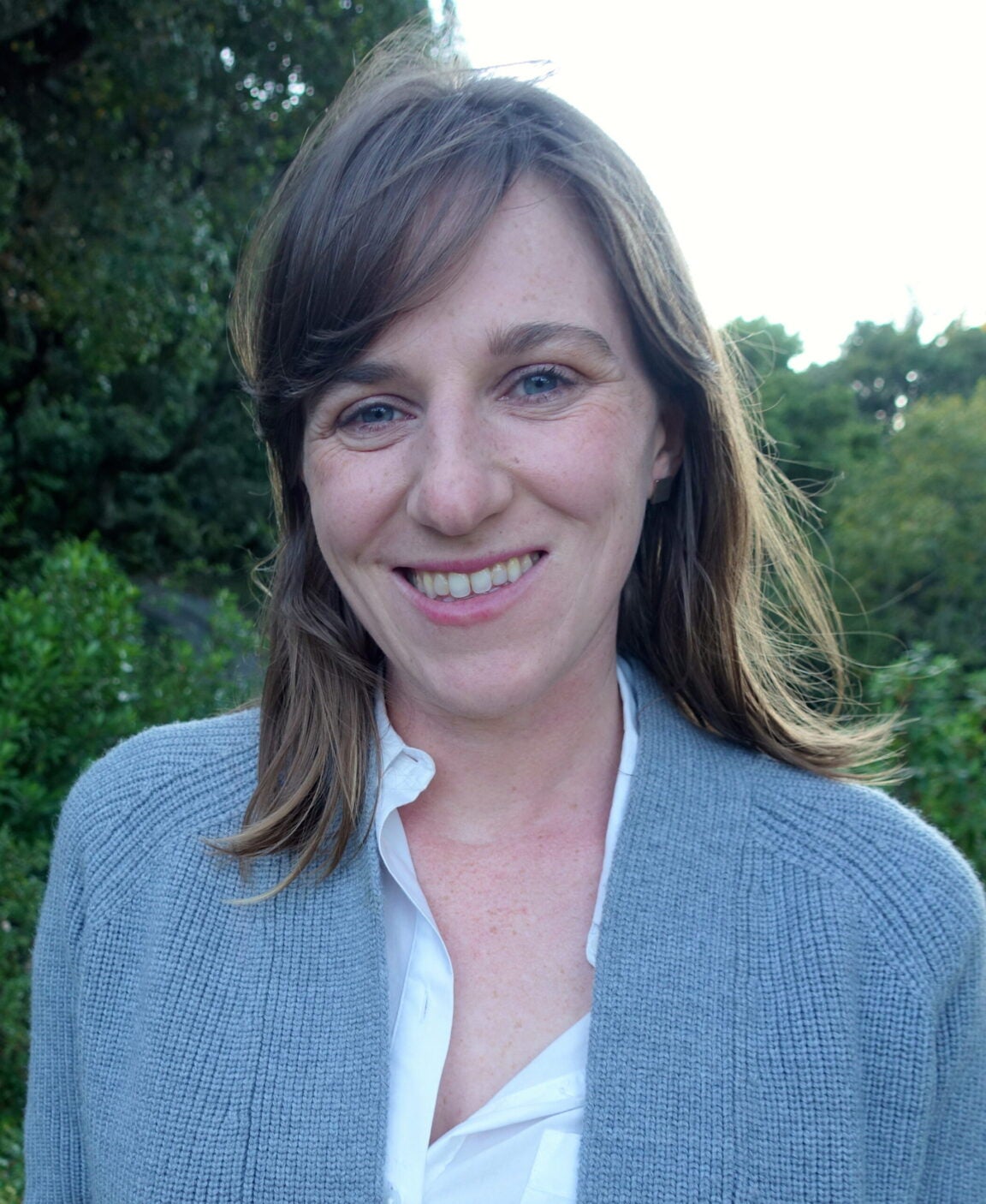
Briana Swette
Briana is a social-ecological systems scientist that studies how land is governed and the consequences for rural communities and ecosystems. She integrates methods from geography, ecology, and the social sciences to understand and promote sustainable land management.
Briana is a social-ecological systems scientist that studies how land is governed and the consequences for rural communities and ecosystems. She integrates methods from geography, ecology, and the social sciences to understand and promote sustainable land management.
Alumni
-
-
Tara Easter
MS Biology 2018 -
Jamie Faselt
MS Biology 2022 -
Sarah Halperin
Ph.D. Ecology, Evolution, and Behavior 2023 -

Louis Jochems
PhD, Ecology, Evolution and Behavior 2023 -
Jenna Narducci
MS Geoscience 2018 -
-
-
-
Nawaraj Shrestha
-
Madelyn Sorrentino
MS Biology 2024 -
Shannon Spragg
MS Biology 2022 -
-
Matt Unitis
MS Biology 2018